In times when the inner world resembles a turbulent sea of emotions, the ability to recognise each wave – from anger to quiet joy – becomes an art of self-preservation. The art therapy session “Emotional Kaleidoscope”, held at Poltava Polytechnic, was dedicated to this very art. It brought together people who face the challenges of war daily and provided them with a safe space to face their feelings, give them a name, and find a path to inner harmony.
How to cope with emotions for which there are no words? Where to find permission for anger, sadness, or fatigue when it seems one must only be strong? On August 5, 2025, within the walls of Poltava Polytechnic (room 302-C), answers to these questions were sought through art, by exploring the vibrant patterns of one's emotional kaleidoscope.
This meeting was a continuation of a series of events within the large-scale international Erasmus+ KA220-ADU project “TRUST” – Trauma of refugees in Europe: An approach through art therapy as a solidarity program for Ukraine war victims (Grant No. 2024-BE01-KA220-ADU-000257527).
The project title is decoded as follows:
TRUST
T – Trauma
R – Refugees
U – Ukraine
S – Solidarity
T – Therapy
The project is co-funded by the EU and led by the Centre Neuro Psychiatrique St-Martin from Belgium, in partnership with the National University “Yuri Kondratyuk Poltava Polytechnic” (Ukraine), Greek Carers Network EPIONI (Greece), Fondazione Don Luigi Di Liegro (Italy), Lekama Foundation (Luxembourg), EuroPlural Project (Portugal).
Under the caring guidance of Maryna Teslenko, Associate Professor of the Department of Psychology and Pedagogy, and Olena Kryvenko, the university's practical psychologist, participants immersed themselves in a deep process of self-exploration. The facilitators created an atmosphere of trust where every feeling, no matter how difficult, had the right to exist.
The session began with an interactive game, “Guess the Emotion”, which served as a powerful diagnostic and unifying tool, disguised as a light-hearted activity. Through gestures, facial expressions, and body language, participants not only depicted feelings but also learned to recognise them in themselves and others. In art therapy, this practice of bodily expression (embodiment) is crucial, as emotions reside not only in our thoughts but also in our bodies. This process not only brought genuine smiles and relieved initial tension but also instantly created a non-verbal connection within the group, fostering empathy. The most important therapeutic discovery for many was the realisation that anger, apathy, or sadness are not enemies to be suppressed, but valuable messengers of our soul. By giving them a name and space, we diminish their power over us.
From playful recognition, the group moved to a deeper analysis using Ron Hubbard's Tone Scale. In art therapy, providing structure, a kind of “map” for the seemingly chaotic world of feelings, has a calming effect in itself. Participants had the opportunity to physically feel how not only the meaning but also the energy of the exact phrase changed when spoken with different emotional tones. Working with voice and intonation allowed them to explore how emotions manifest on a physical level. This practice of “emotional diagnostics” enabled everyone to honestly, without judgment, identify which “emotional level” they were on and, most importantly, to see that it was not a verdict, but merely a point on a journey. The scale became not a tool for evaluation, but a roadmap for recovery, offering hope and a sense of one's ability to influence one's state.
The culmination of the session was a powerful therapeutic ritual – the “Art of Rebirth: The Phoenix Technique”. The legend of the bird rising from the ashes is a universal archetype of transformation, allowing for work with the most profound experiences. It was a process that engaged the whole person: through drawings and colours, participants gave an outlet to emotions that are difficult to express in words, and through body postures, they physically lived through and released tension. The essence of the technique was not to destroy pain, but to transform the heavy energy of fatigue, loss, and anger into raw material for resilience, clarity, and the inspiration to move forward. This alchemical process was possible only thanks to an atmosphere of absolute trust, filled with honesty, quiet support, and warm embraces, where the group served as a safe space for each person's vulnerability.
The meeting concluded with powerful words of blessing, which became a mantra and a benediction for this inner rebirth: “May everything that has outlived its purpose burn away without regret. And from the ashes of your experience, may you be reborn – new, strong, and true”.
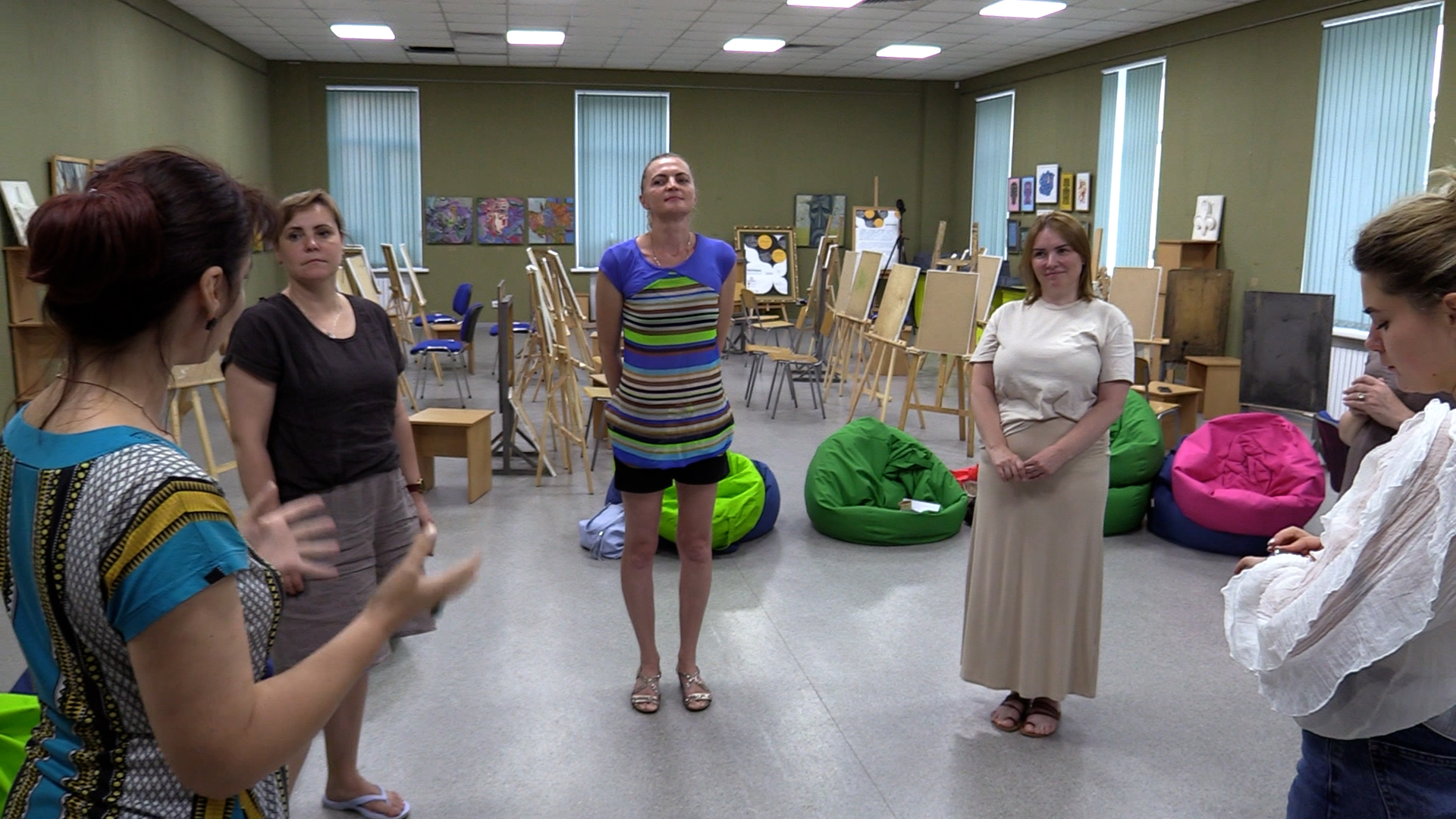
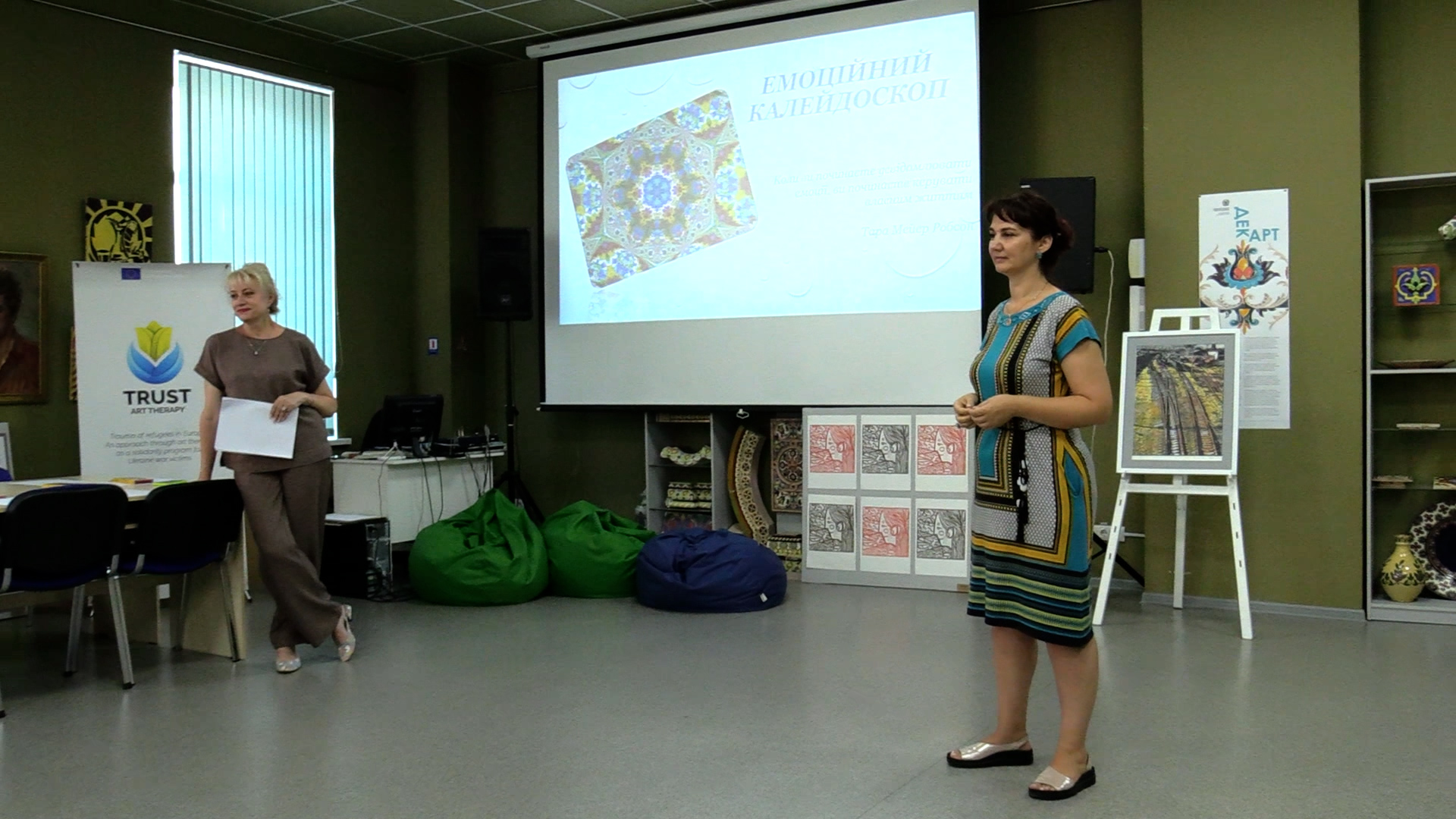
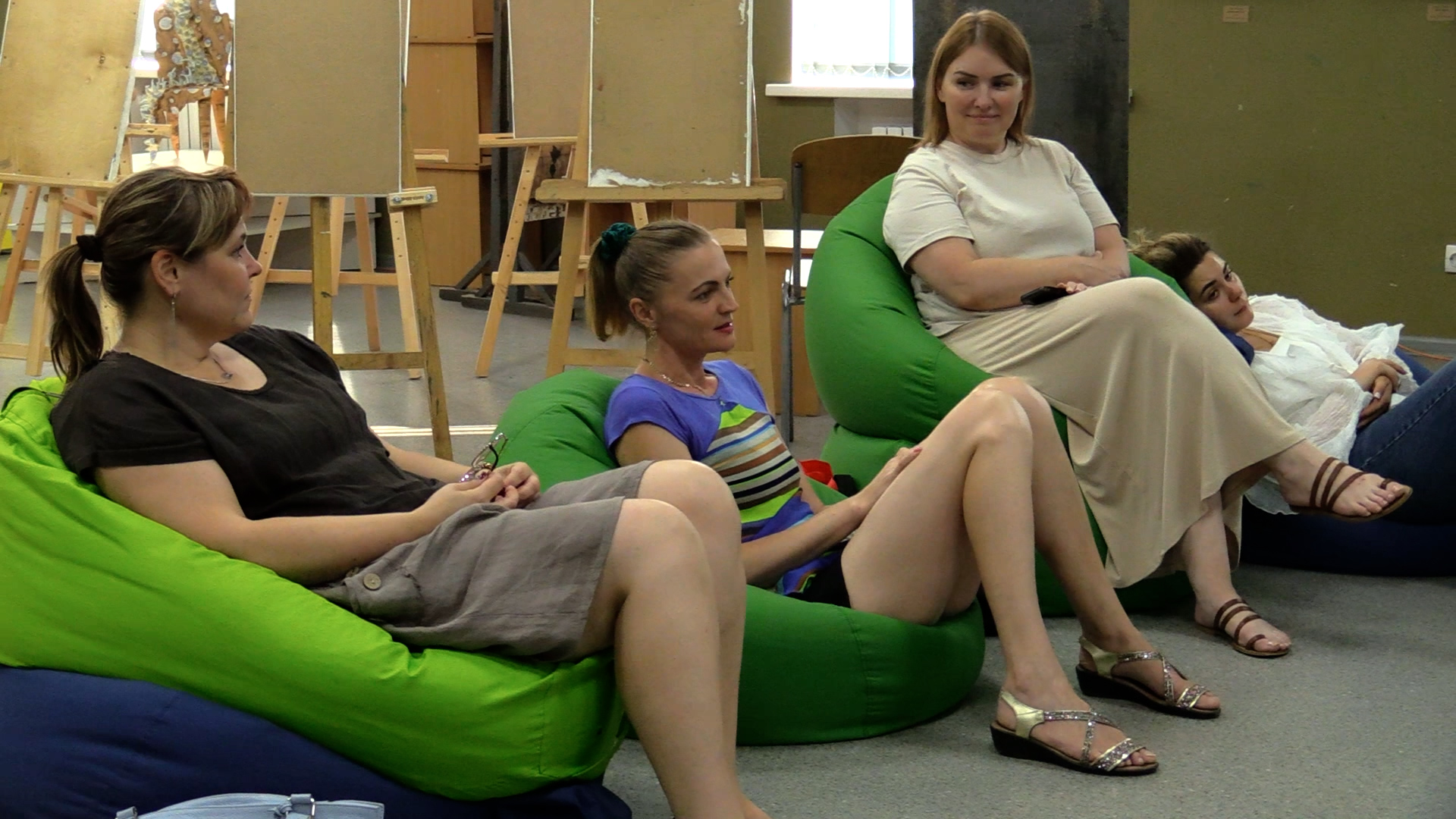
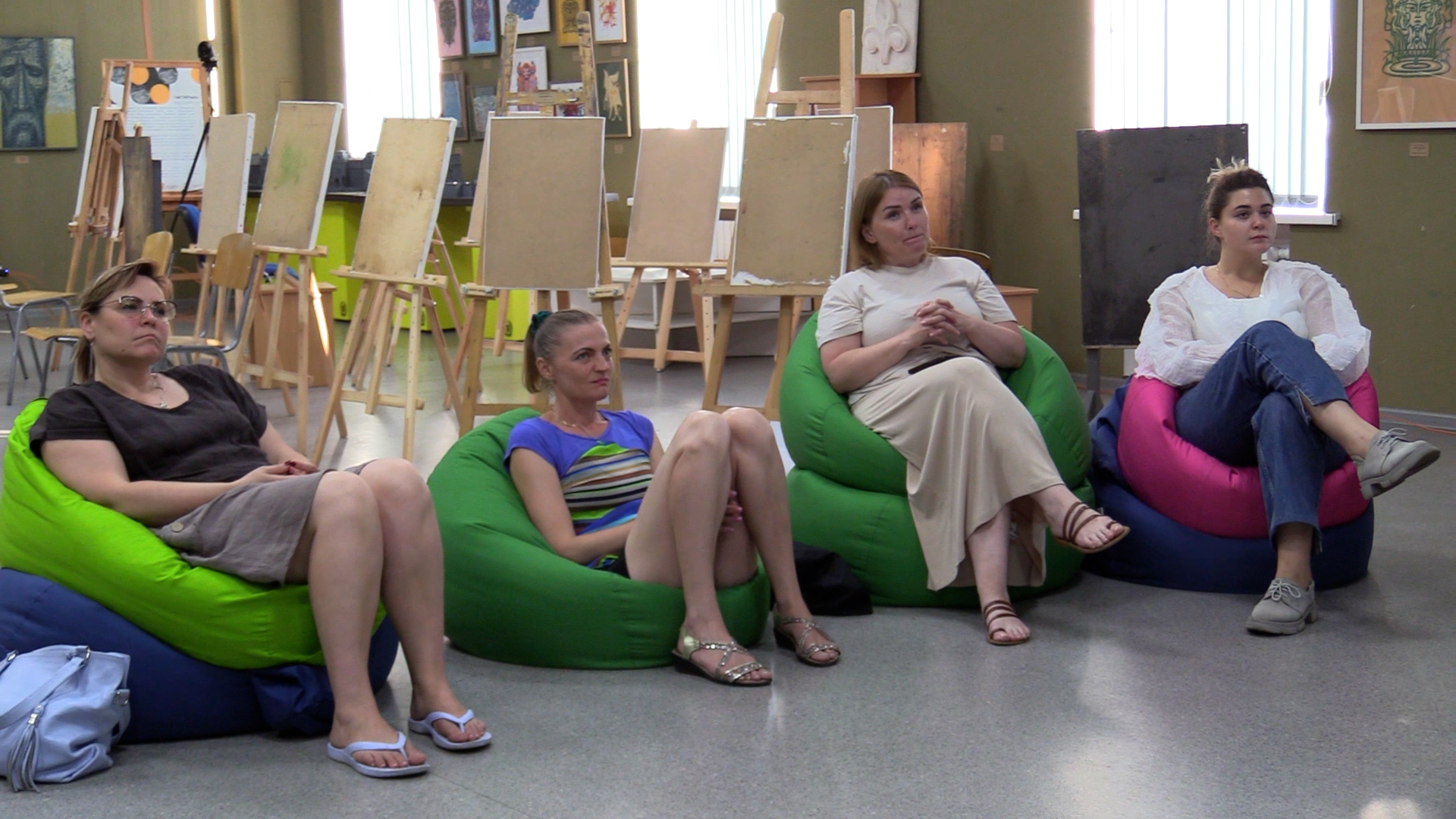
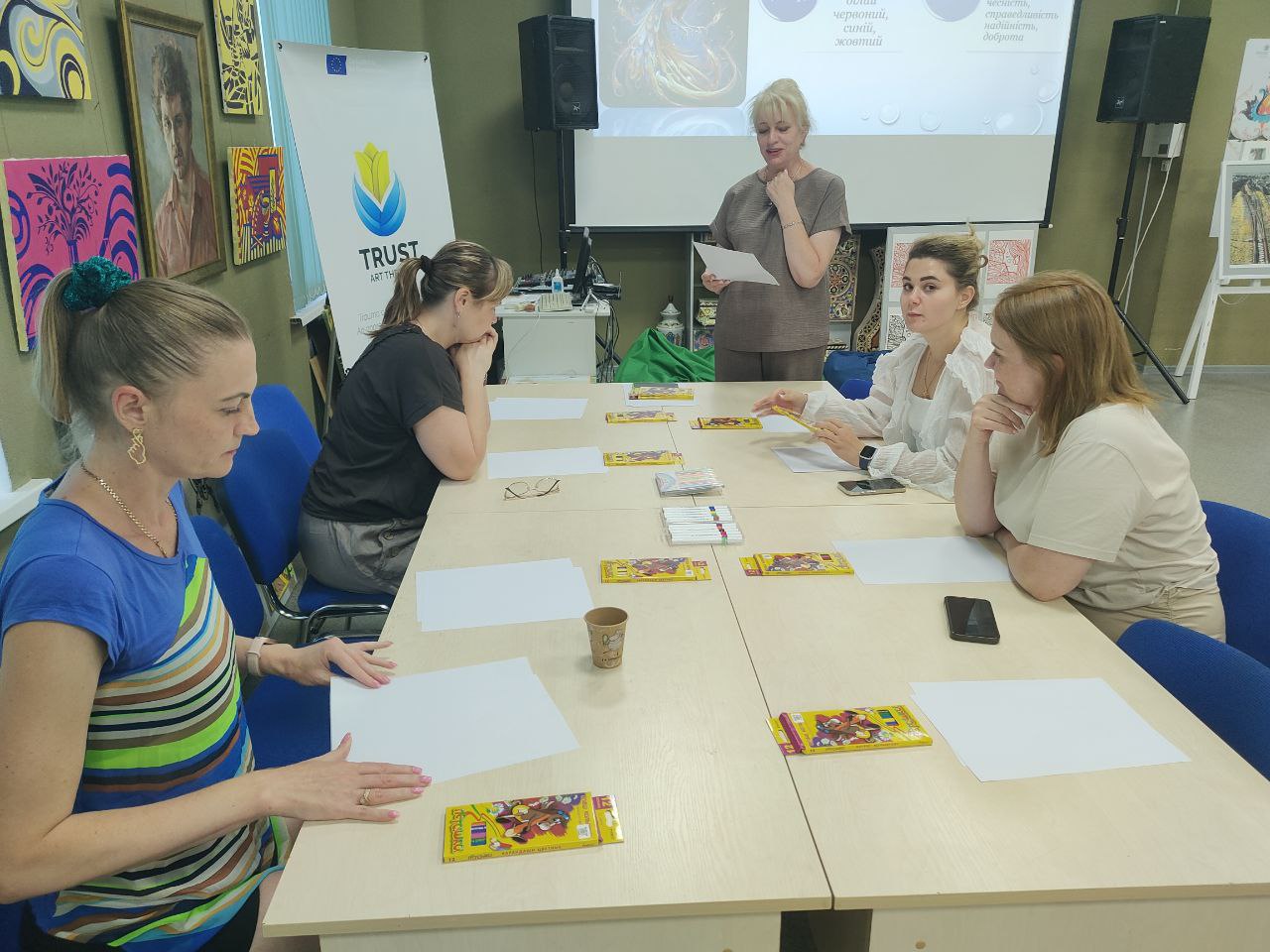
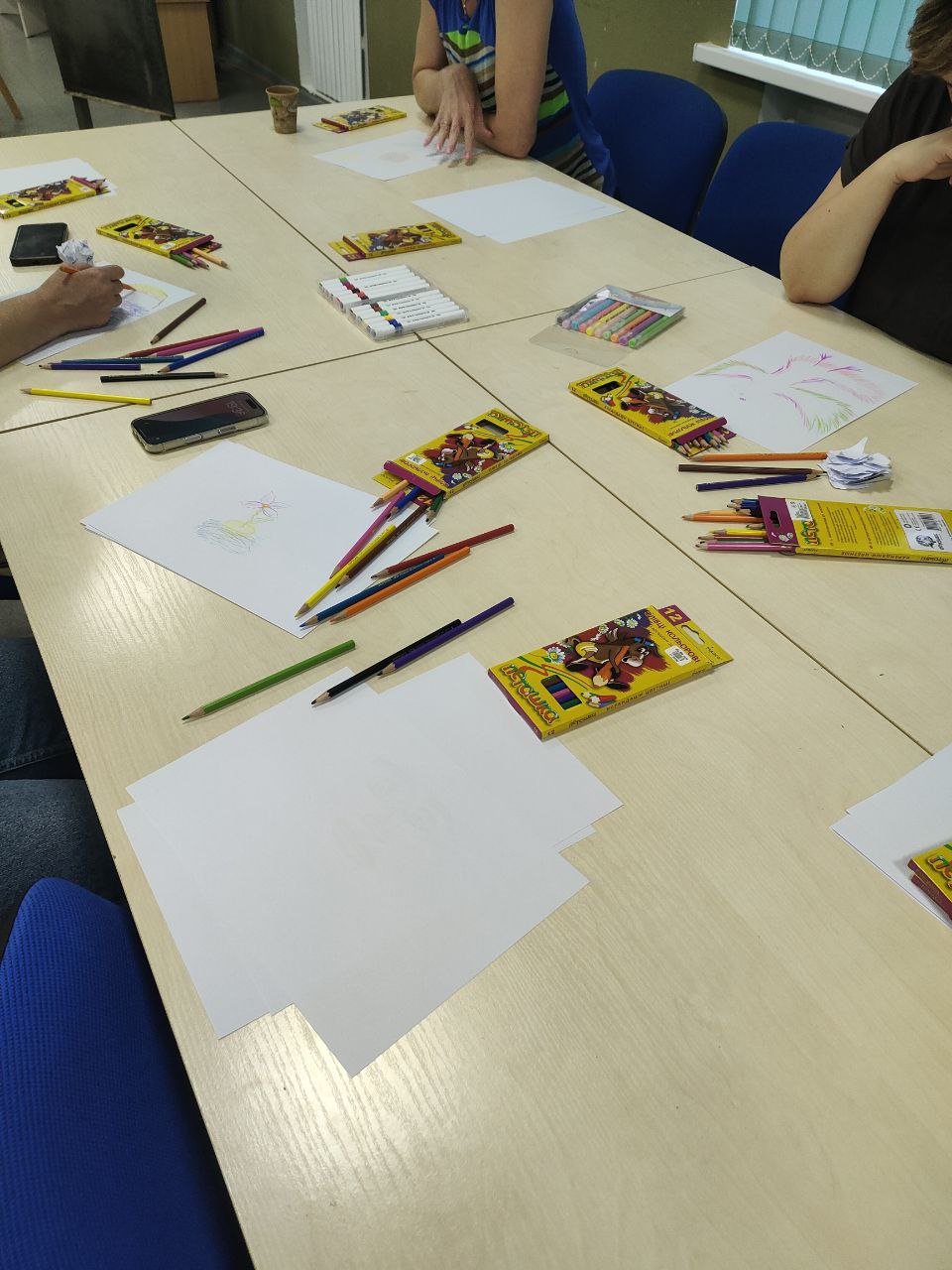
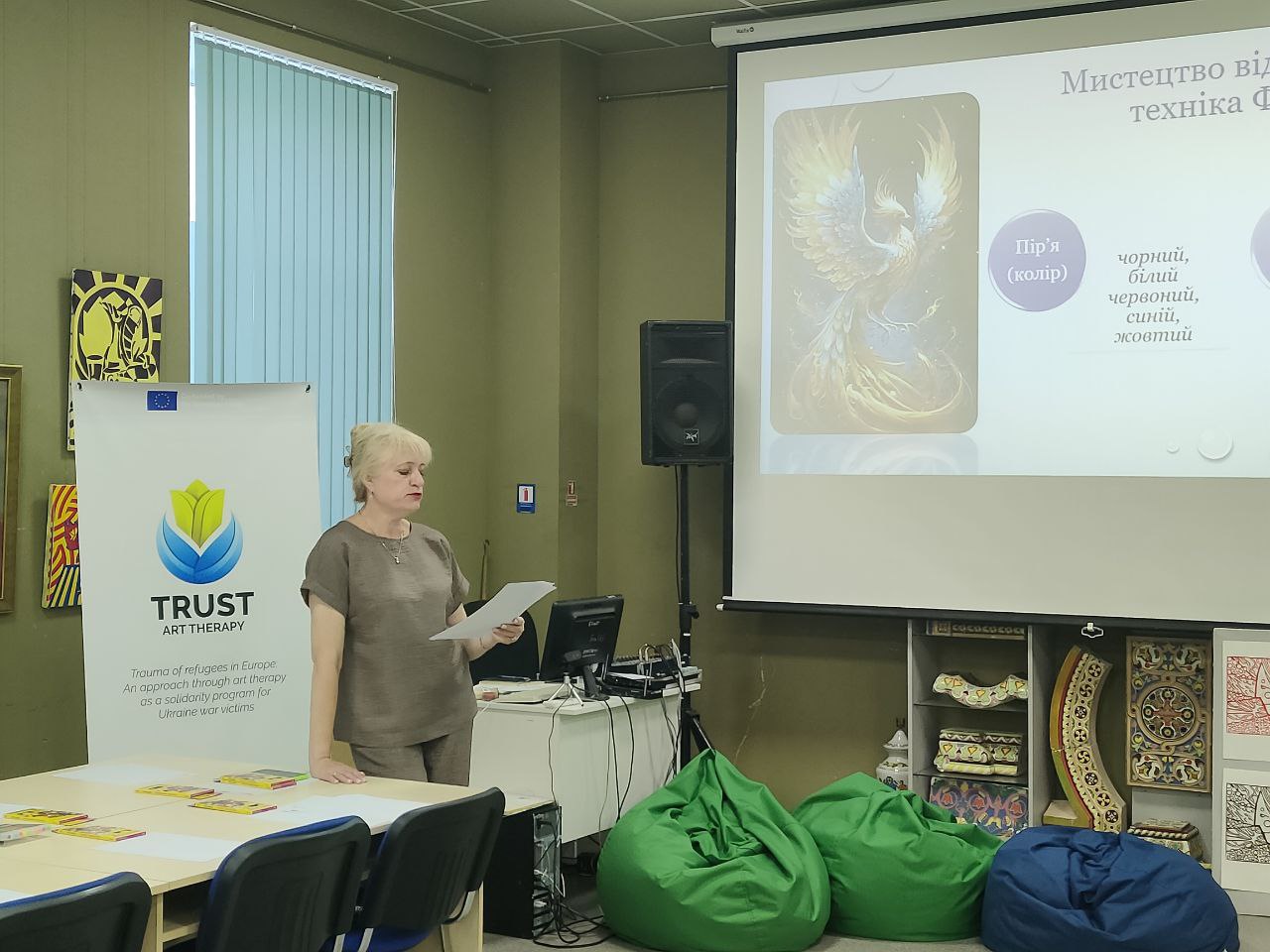
Such events prove that art therapy is not just about drawing, but a profound dialogue with oneself. Poltava Polytechnic, together with its international partners, continues to create a space where everyone can find tools for healing and discover their own resilient Phoenix within.
As a reminder, the faculty of Poltava Polytechnic can participate in academic mobility and internship programs. Students can study abroad through Erasmus+ credit academic mobility grant programs for a semester or a full academic year at leading universities in Austria, Greenland, Denmark, Estonia, Finland, France, Germany, Greece, Ireland, Italy, Latvia, Lithuania, Luxembourg, the Netherlands, Norway, Poland, Portugal, Romania, Slovakia, Spain, Sweden, and the Czech Republic.
For more detailed information on current internship, teaching, and academic mobility programs abroad, please get in touch with the International Relations Office (office 213-C, interoffice@nupp.edu.ua) or the coordinator of international activities at the National University “Yuri Kondratyuk Poltava Polytechnic” – Anna Pavelieva, Ph.D. in Philology, Associate Professor of the Department of Germanic Philology and Translation (email: kunsite.zi@gmail.com, phone: +38-(095)-91-08-192).
Media Centre of
National University “Yuri Kondratyuk Poltava Polytechnic”



